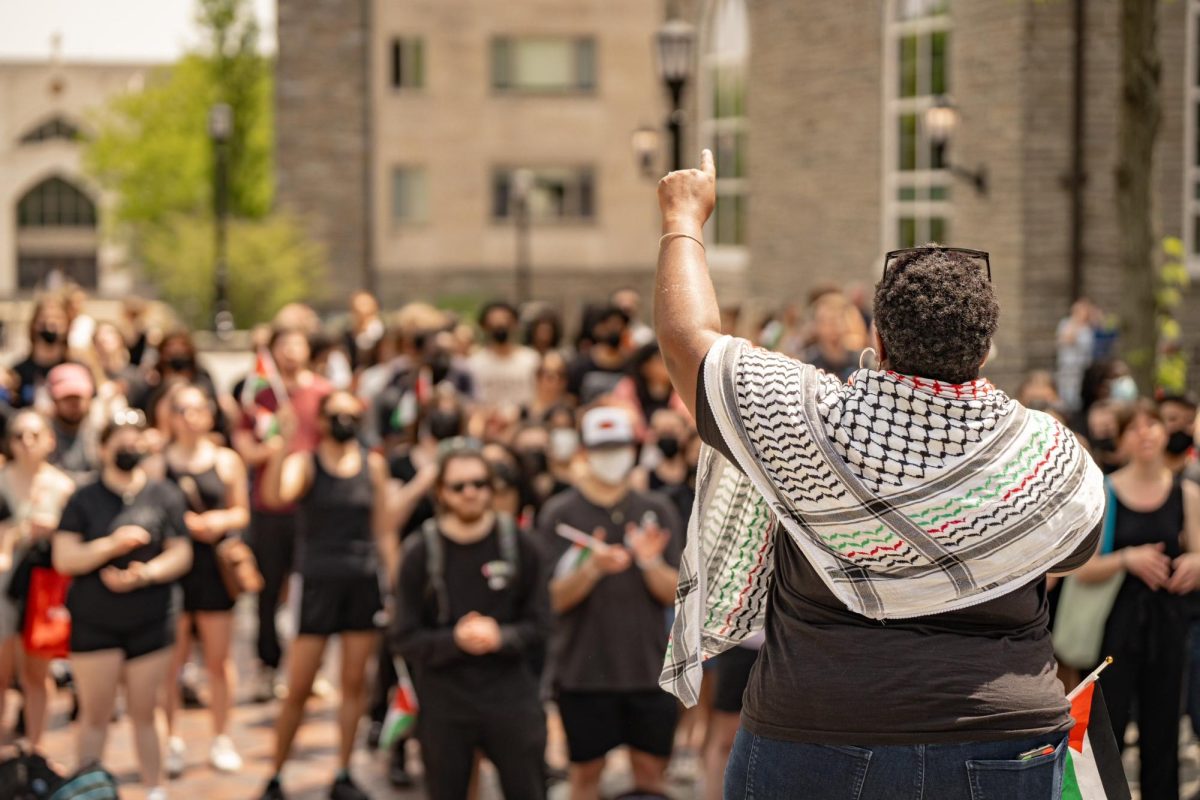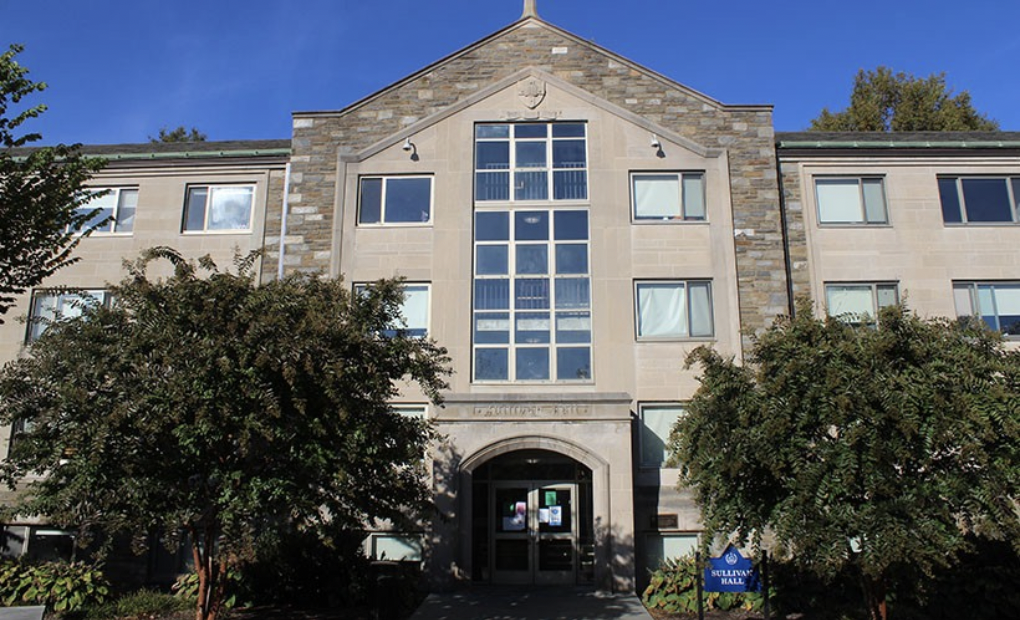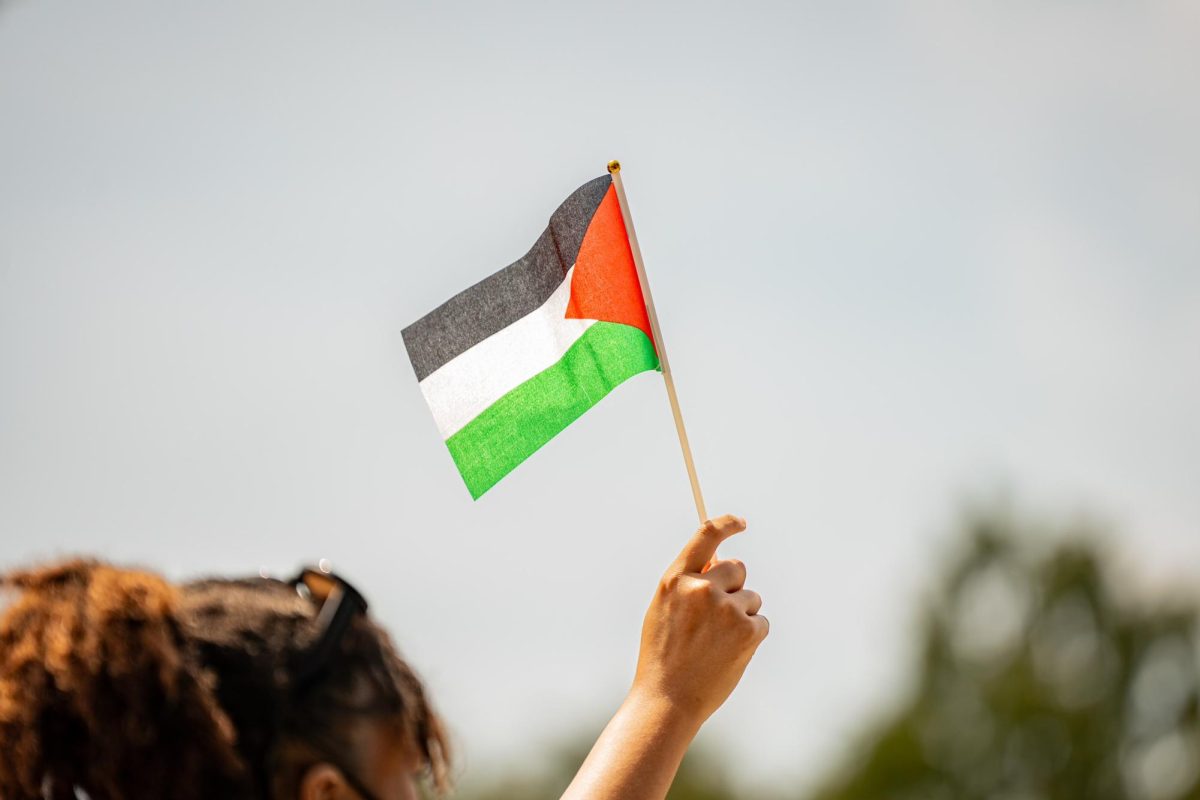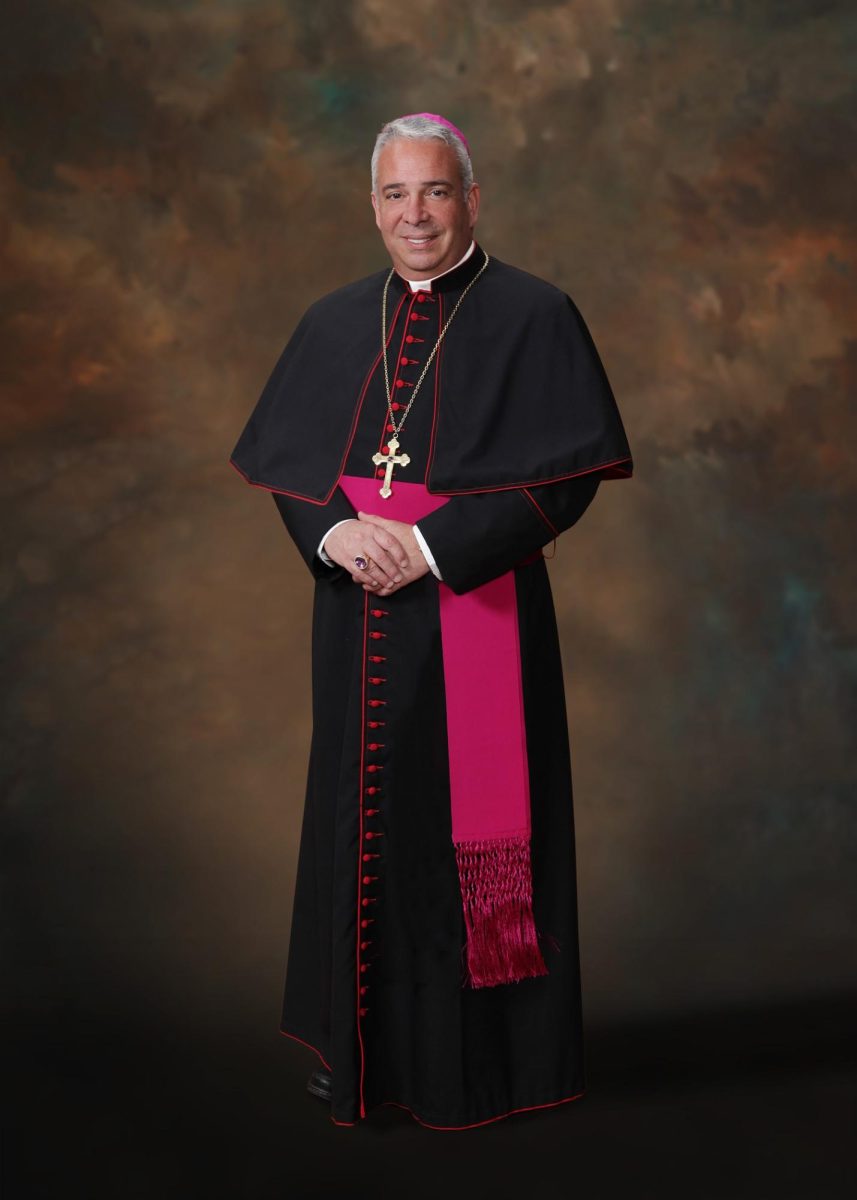Tensions are rising at colleges across the country as students band together in pro-Palestinian demonstrations, reflecting their beliefs regarding the ongoing Israeli-Palestinian conflict. College administrations, and in some cases police forces, are responding in attempts to quell the protesters, reports The New York Times.
The phenomenon began with a student-led encampment effort at Columbia University on April 18. Pro-Palestinian demonstrators refused to abandon their protest when directed to by the University. In response, Columbia called upon the police to break up the protest, ultimately leading to the arrests of more than 100 students on campus. Columbia’s president, Nemat Shafik, made this decision in alignment with her “[preparation] to punish people for unauthorized protests.”
The controversial protest has sparked similar demonstrations at college campuses across America. Many of these protests have included police involvement, ultimately resulting in the arrests of up to 700 people. These political demonstrations have occurred at institutions such as the University of Southern California, Arizona State University, The University of Texas at Austin, The Ohio State University, Princeton University, Yale University, New York University, Emerson College and more.
Universities across the country have responded to the protests in different manners. Many college administrations have sought to de-escalate the protests by backing off. Other universities, such as the ones listed above, have arrested students and faculty members in an effort to control the tensions. The University of Southern California went as far as to cancel its commencement ceremony due to security threats in response to the ongoing protests.
In the Philadelphia area, the University of Pennsylvania, Drexel and Temple have witnessed protests. On Friday night, it was announced by Penn’s Interim President, J. Larry Jameson, that that the pro-Palestinian protestors on the campus must disband immediately. This comes in response to an encampment of individuals violating many of the University’s policies and reports of harassment. In addition, a statue located on the University’s campus was vandalized with anti-Semitic graffiti.
The United States has seen multiple campus protests throughout the years. Most notably, the 1960s’ protests against the Vietnam War and the 1980s’ protests against South African apartheid struck the attention of university students. According to Robert Cohen, a professor at New York University, the recent protests against the war in Gaza “may be the largest student movement so far in the 21st century.” Throughout this century, there have been protests against the Iraq war and following the killing of George Floyd.
Protests will likely continue across universities’ campuses as the Israeli-Palestinian conflict continues. The demonstrations prove American universities’ students’ attention to and engagement in the Middle-Eastern conflict.







